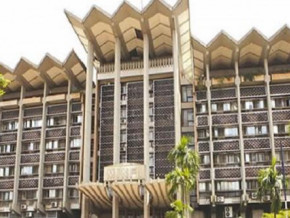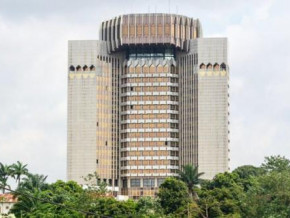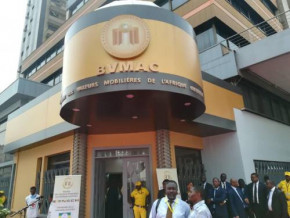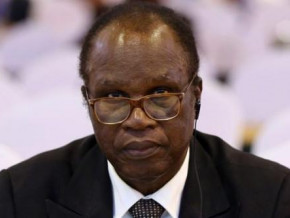
Cameroon to reduce tax expenditures by XAF307.5 bln in 2019-2020

(Business in Cameroon) - Cameroon plans to reduce its tax expenditure by XAF307.5 billion during the 2019 and 2020 fiscal years. This was revealed by official documents from the ministry of finance. In that regard, during the 2019 fiscal year, the frozen fish imports sector will lose XAF71 billion of value-added tax, customs duties and investment incentives.
In 2020, the incentive measures planned for some sectors like rice importation, are targeted. XAF98 billion of tax expenditures are to be cancelled. The government also plans to implement the suppression of VAT exemptions on life insurance premiums. This suppression was the subject of disagreements between the insurance sector and the tax administration over the implementation of the 2019 finance law. The stumbling block was to know which premium (between gross and earned) should be used for the VAT.
The reduction of tax benefits and exemptions was one of the agreements between Cameroon and the IMF in the framework of the Bretton Woods’ support program. It is worth mentioning that between 2015 and 2017, Cameroon granted special tax benefits to encourage investments, combat the high cost of living and improve households’ purchasing power. The agriculture, breeding and fisheriess sectors benefited the most with 165 derogations by end 2017.
Underestimation of the tax expenditures
Between 2015 and 2018, the total of non-collected taxes were XAF1,664.5 billion but, the results are rather uncertain. This figure is also below the real one because it does not account for 75 incentive measures granted to sectors like oil, gas and solid ore. In addition, it does not account for the XAF484.17 billion of tax debt owed by state-owned companies at end 2017 to the tax administration (the 2018 figures are not available).
Different actors of the civil society, who monitor the budgetary transparency, have encouraged the country to be more transparent on the tax benefits granted, in the oil and mining sectors notably. The country is part of the Extractive Industries Transparency Initiative (EITI) however, taxation is really complex in that specific sector without a fiscal base, which is the mining or oil contract.
Idriss Linge
Mags frontpage
- Most read 7 days
- shared 1 month
- read 1 month































